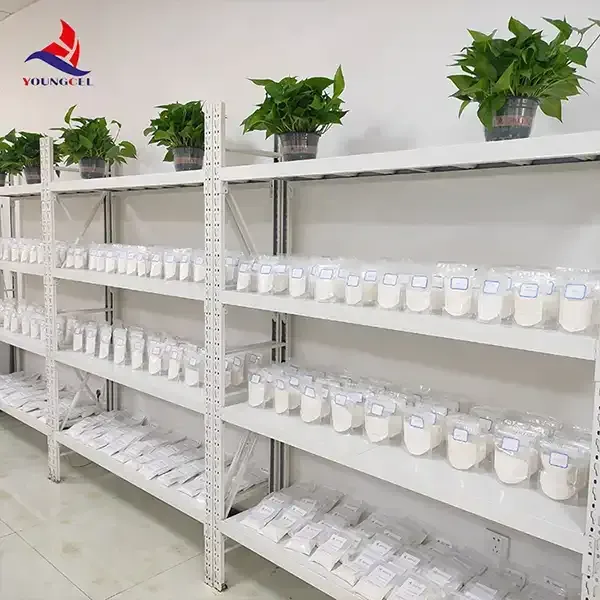HEC Cellulose An Overview of Its Applications and Benefits
Hydroxyethyl cellulose (HEC) is a non-ionic, water-soluble polymer derived from cellulose, a natural polymer abundant in plant materials. HEC is characterized by its unique properties, including thickening, emulsifying, and film-forming capabilities, making it a versatile ingredient in various industries.
HEC Cellulose An Overview of Its Applications and Benefits
In the field of personal care and cosmetics, HEC is commonly employed in lotions, creams, shampoos, and conditioners. Its thickening properties help to improve the texture and spreadability of products, while its emulsifying capabilities aid in stabilizing emulsions. Additionally, HEC contributes to the formation of protective films on the skin and hair, providing moisturizing effects that enhance the overall feel and appearance of cosmetic products.
hec cellulose

The construction industry also benefits from HEC, where it is used as a vital component in various construction materials such as adhesives, sealants, and paints. HEC acts as a rheology modifier, helping to improve the workability and application performance of these materials. Its water retention properties are crucial in preventing the premature drying of cement and ensuring better bonding and adhesion.
In the food industry, HEC serves as a thickening agent, stabilizer, and emulsifier in various food products. Its ability to enhance texture and mouthfeel makes it a popular choice in sauces, dressings, and dairy products. Moreover, being derived from natural cellulose, HEC is considered a safe additive that meets the growing demand for clean-label products.
Beyond these applications, HEC is also finding its way into innovative fields such as 3D printing and bioengineering. Its versatile properties allow for the creation of hydrogels and scaffolds used in tissue engineering, showcasing the potential for HEC to contribute to advancements in healthcare.
In conclusion, hydroxyethyl cellulose is a multifunctional polymer that plays a crucial role across various industries. Its wide range of applications, coupled with its environmental safety and compatibility, makes HEC a vital ingredient for future innovations in pharmaceuticals, personal care, construction, and food technologies. As research continues to uncover new uses, HEC’s impact on both industry and everyday life is poised to grow significantly.




